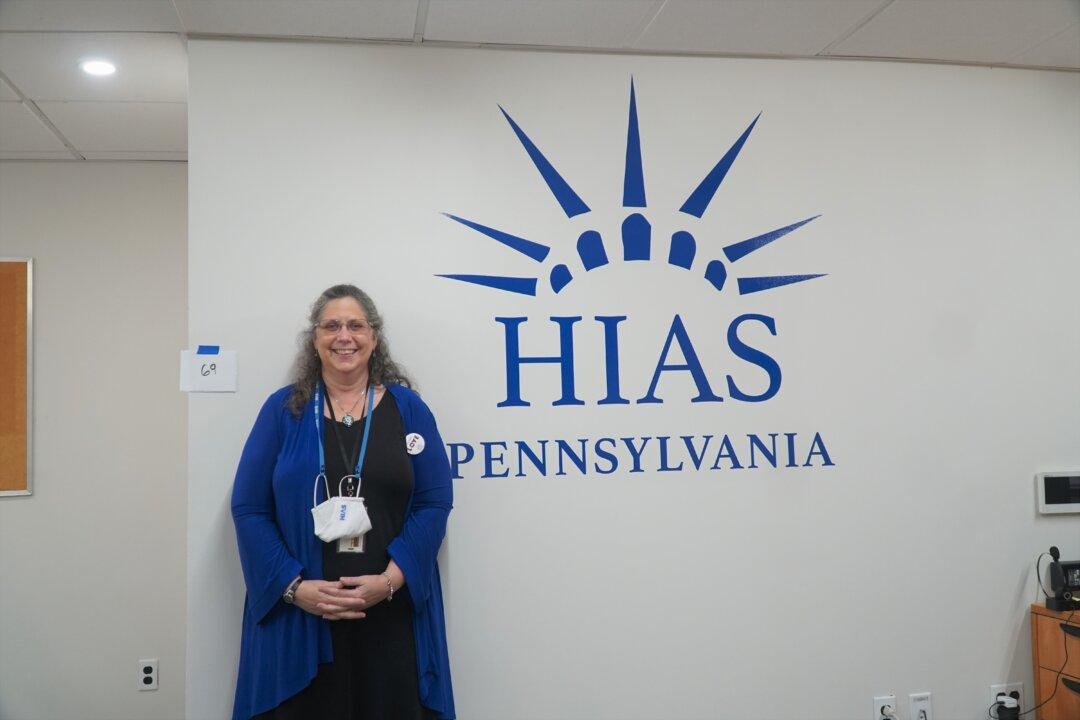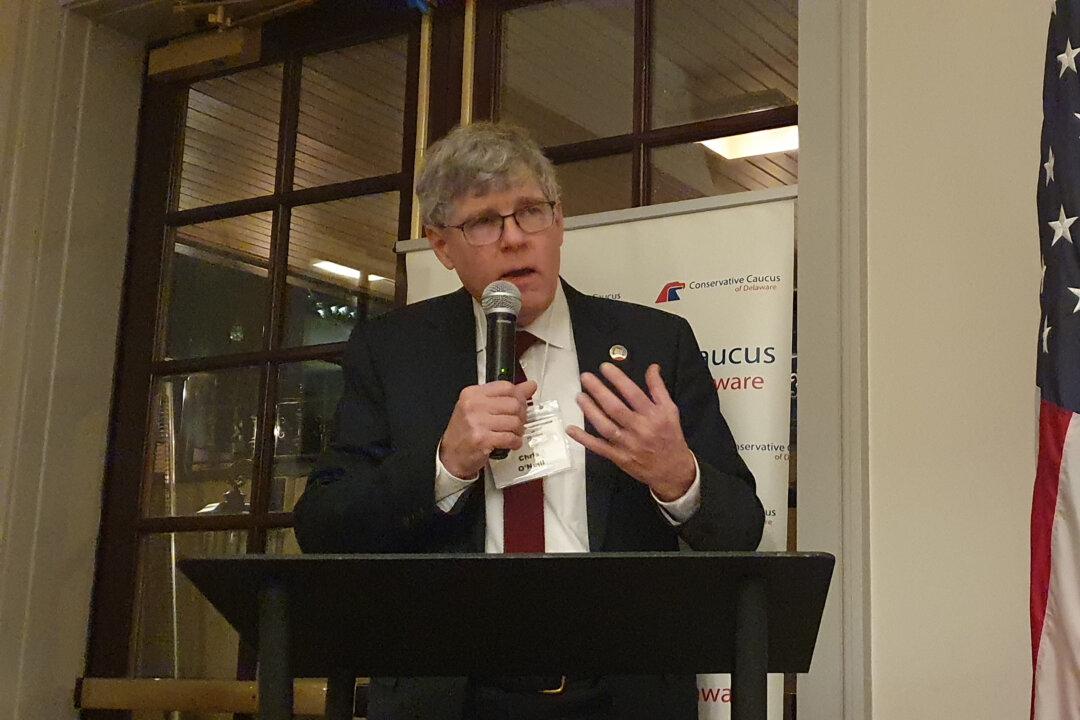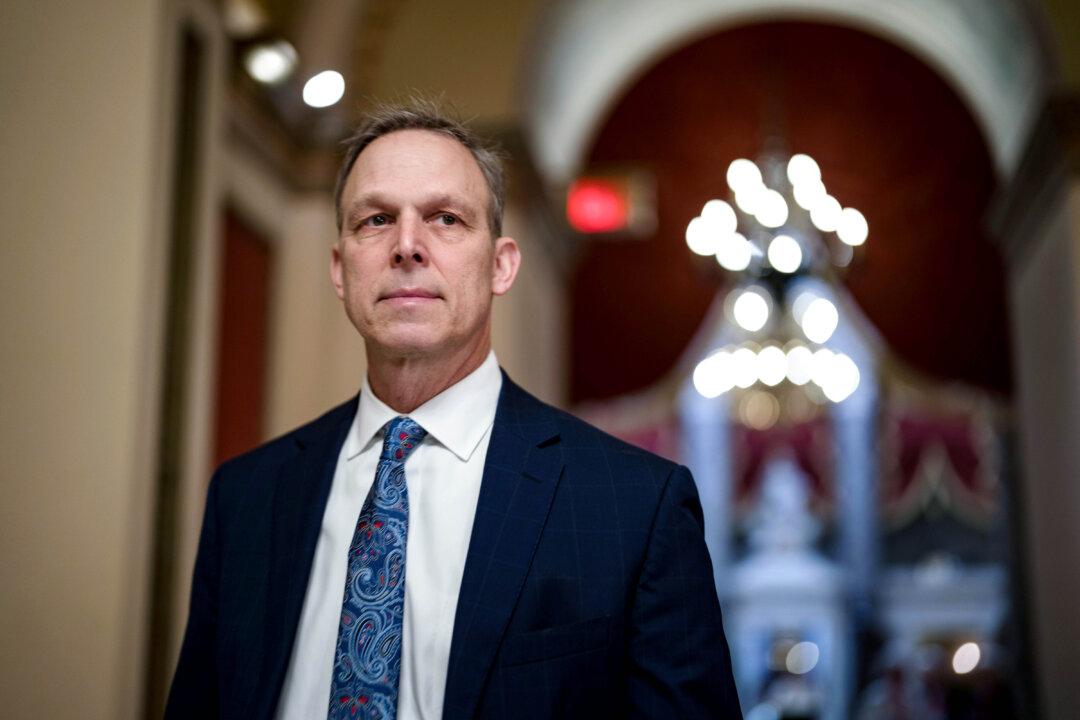The hasty pullout of U.S. forces from Afghanistan has created a desperate situation for thousands of Americans and Afghan nationals who aided the United States who are still stranded in the country as they hope to be allowed evacuation by the Taliban.
Meanwhile in Philadelphia, an Afghan man is volunteering with an immigration agency to help receive the first plane loads of refugees from Afghanistan while praying for his own family’s safe arrival.




